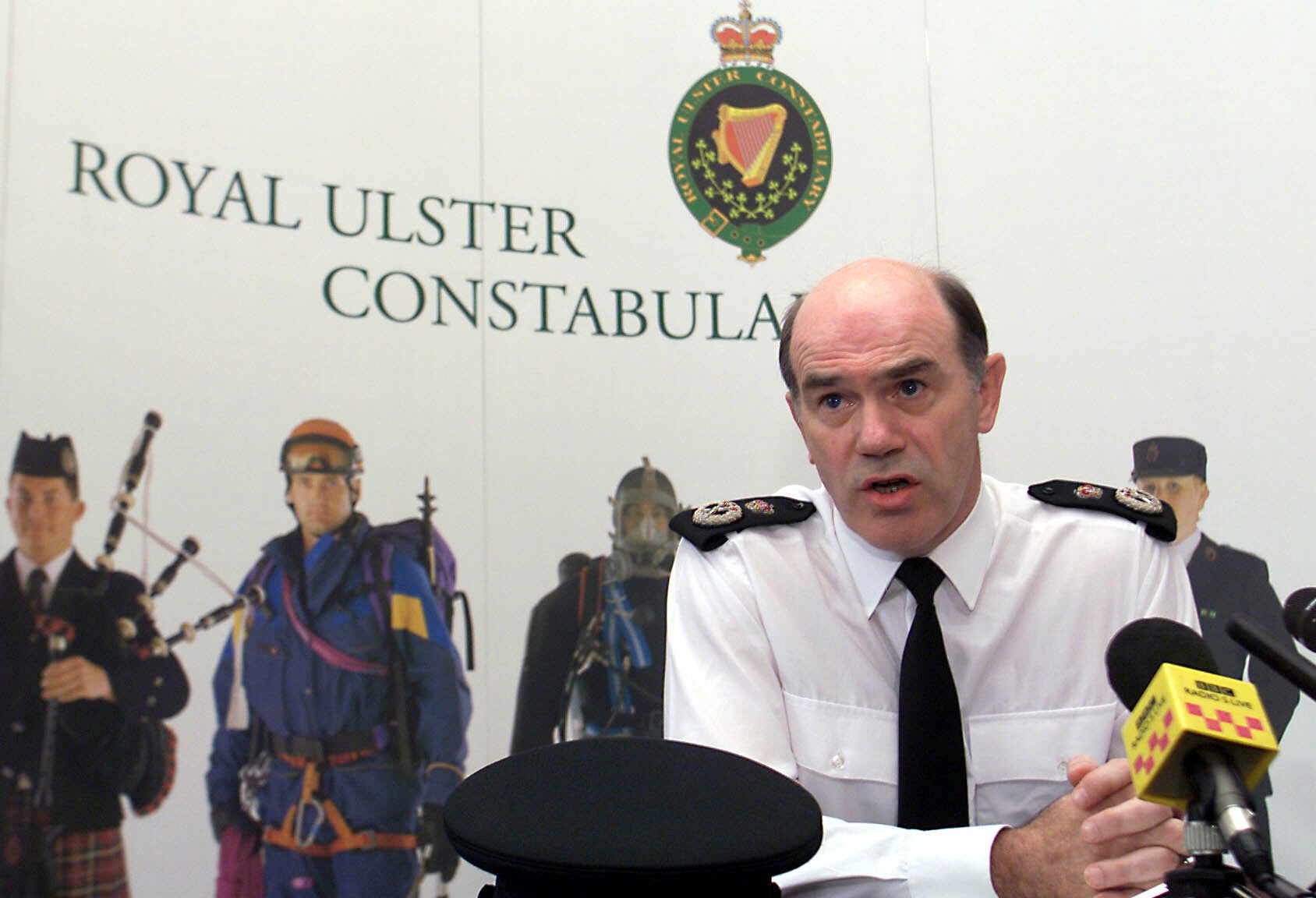Decommissioning demands during first IRA ceasefire ‘were pointless’
Senior security figures told Irish officials two months before the ceasefire ended that the insistence on prior decommissioning was unnecessary.

Your support helps us to tell the story
From reproductive rights to climate change to Big Tech, The Independent is on the ground when the story is developing. Whether it's investigating the financials of Elon Musk's pro-Trump PAC or producing our latest documentary, 'The A Word', which shines a light on the American women fighting for reproductive rights, we know how important it is to parse out the facts from the messaging.
At such a critical moment in US history, we need reporters on the ground. Your donation allows us to keep sending journalists to speak to both sides of the story.
The Independent is trusted by Americans across the entire political spectrum. And unlike many other quality news outlets, we choose not to lock Americans out of our reporting and analysis with paywalls. We believe quality journalism should be available to everyone, paid for by those who can afford it.
Your support makes all the difference.Demands that the IRA decommissions before Sinn Féin could enter political talks was a significant factor in the collapse of the ceasefire in 1996 – and it was pointless, senior security sources believed.
The top British general in Northern Ireland and the future Chief Constable of the Royal Ulster Constabulary (RUC) told Irish officials two months before the end of the ceasefire that the insistence on prior decommissioning was not necessary.
Ronnie Flanagan, then an Acting Deputy Chief Constable of the RUC, told an Irish official that “there was never any hope of the paramilitaries agreeing to hand over even a small quantity of arms in advance of political negotiations”.
“The ability to develop and manufacture new types of explosives and weaponry is of much greater concern than the material currently hidden in IRA caches,” he believed.
Mr Flanagan said the British Government had “foolishly impaled itself on a hook” over decommissioning, which was “geared more to symbolism and Unionist sensitivities than to the practical needs of the situation”.
He added that its response to the IRA ceasefire – “too little and usually too late” – risked destabilising the situation.
In the same meeting, he expressed frustration to the Irish official that there were “a lot of deaf ears around” on the British side.
He predicted, according to the note of the meeting, that “the man on the street” in Northern Ireland might believe that if violence does return “the British Government had brought this on itself because of the inadequacy of its response to the ceasefires”.
In the same month, November 1995, the General Officer Commanding the British Army in Northern Ireland, Sir Roger Wheeler, made his views known.
He told the same Irish official, David Donoghue, “that the security forces neither expect, nor are they particularly pressing for, the handover of any weapons in advance of political talks… the ability of the paramilitaries to manufacture their own weapons and explosives is at least as important as the actual weaponry in their possession”.
He added that the demand for decommissioning “makes sense only at the level of symbolism”.
“For as long as a will to use violence survives, the paramilitaries will be able to circumvent any limitations imposed by the depletion, or even the removal, of their present armouries”.